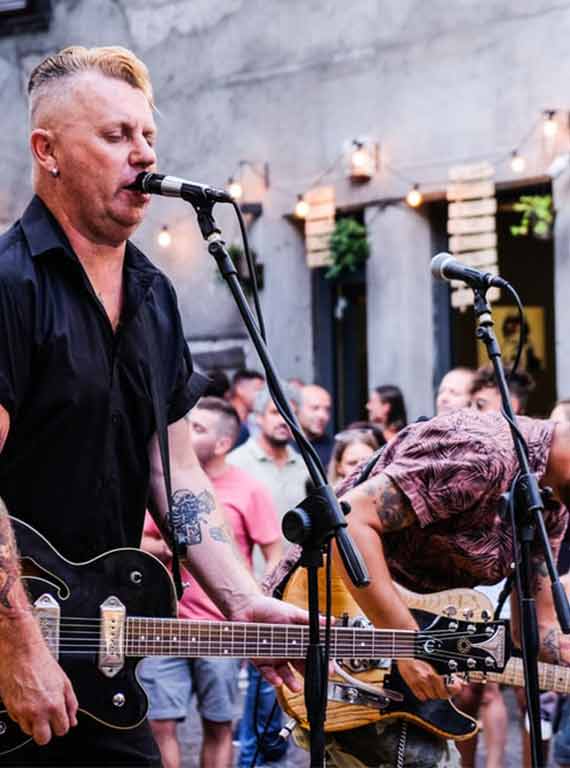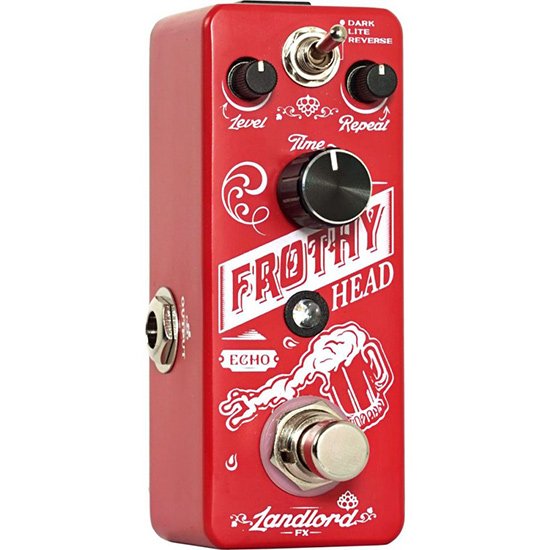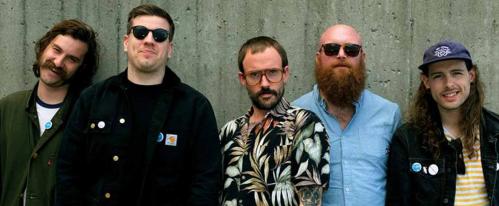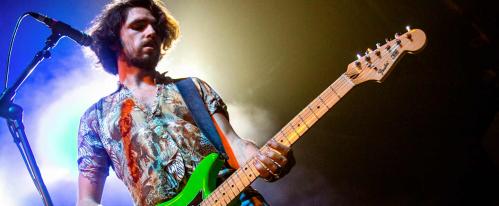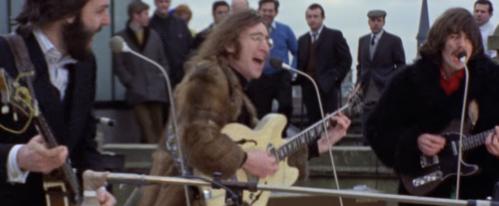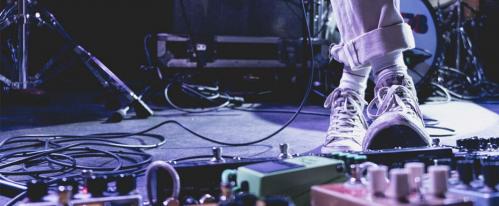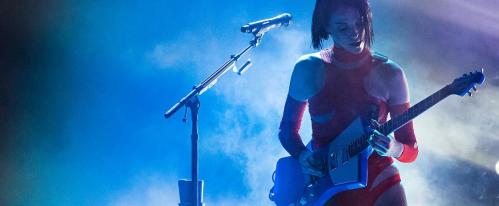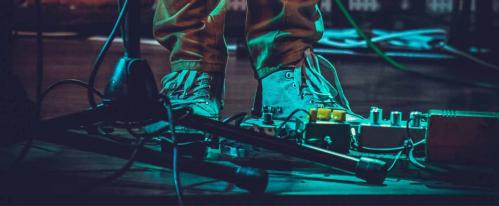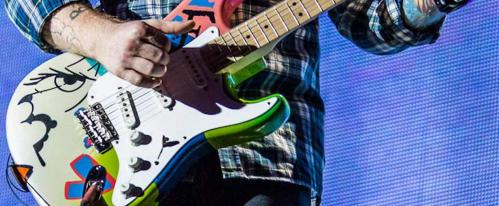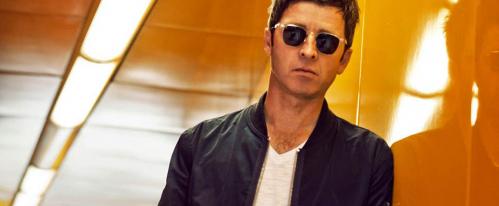We know that Rockabilly has never gone away - so read our Rockabilly guitar & gear guide to join the cool cats!
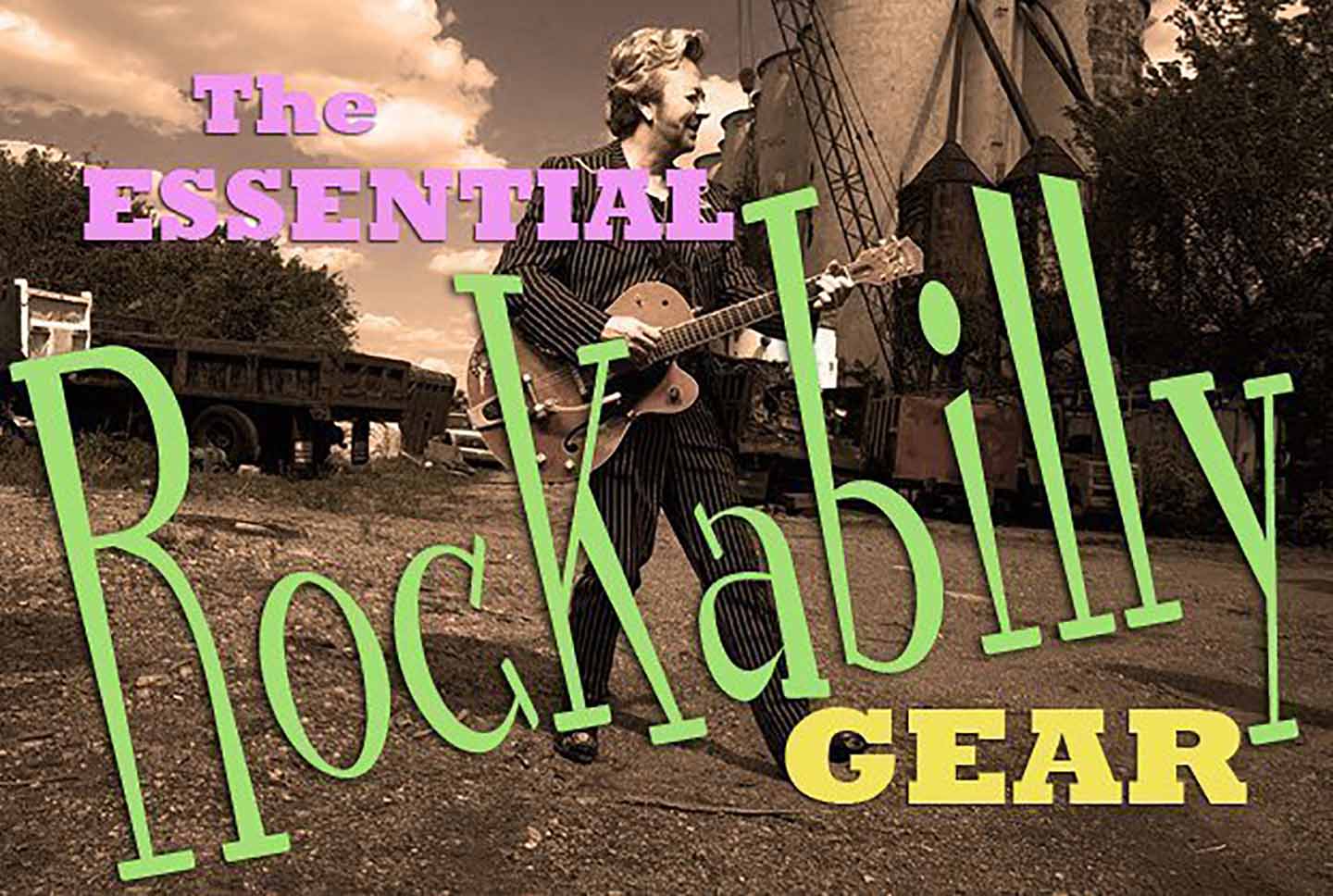
It's not always sitting at the top of the charts, but its influence can still be felt today, when you look at Arctic Monkey's Alex Turner new quiff and love for Gretsch guitars, or notice that 1950s fashion is a "cool" alternative style. And since Brian Setzer is back with a new album, we thought it was the appropriate time to finally do our Rockabilly Guitar Gear Guide... enjoy!
Since his early 1980s success with The Stray Cats, Brian Setzer has been a leading force in keeping Rockabilly popular, and since he's just released a new album, 'Rockabilly Riot', here's an opportunity to highlight some of the gear he uses, and some of the best gear to play rockabilly, in general.
GUITARS
No guitar is better suited to play rockabilly than a good Gretsch semi-acoustic. One of the greatest names of the genre, Eddie Cochran, was the main responsible for popularising these instruments, and he later inspired Brian Setzer to play them, too. Since the start of his career, Setzer could seldom be seen without a Gretsch, so it's no wonder that he's got his own range of Gretsch Signature Guitars:
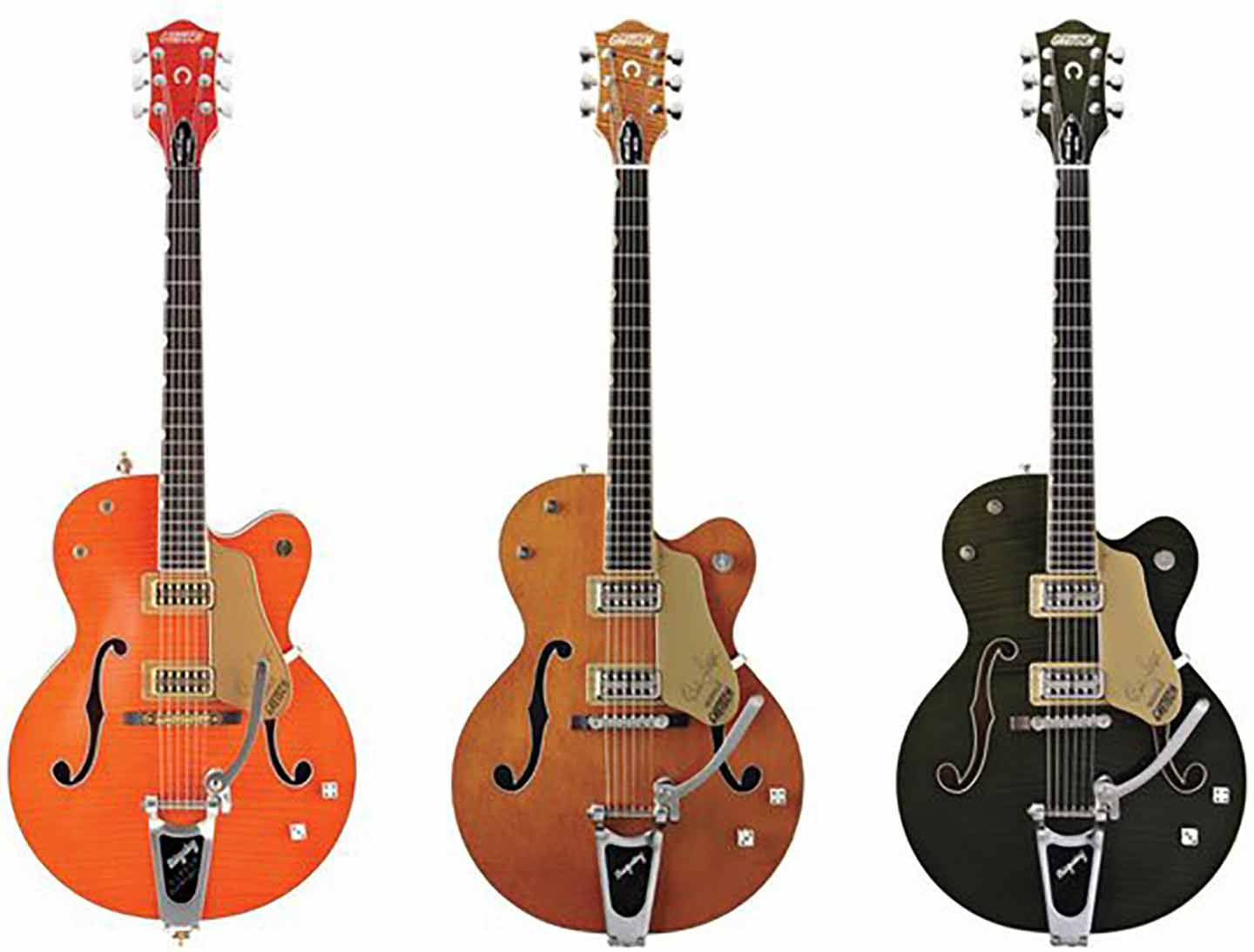
Gretsch guitars are great because they provide the required twangy sound, but with the power of humbuckers. Though Gretsch is the definitive Rockabilly guitar, by no means it's the only instrument suitable to play the genre. After all, when you talk of "twangy" guitar sound, the first thing that comes to mind is Fender and, indeed, Telecaster guitars are also great for playing this musical style. As the photo below shows, the legendary rockabilly guitarist Cliff Gallup, from Gene Vincent's backup band, the Blue Caps, was an adept of the instrument:
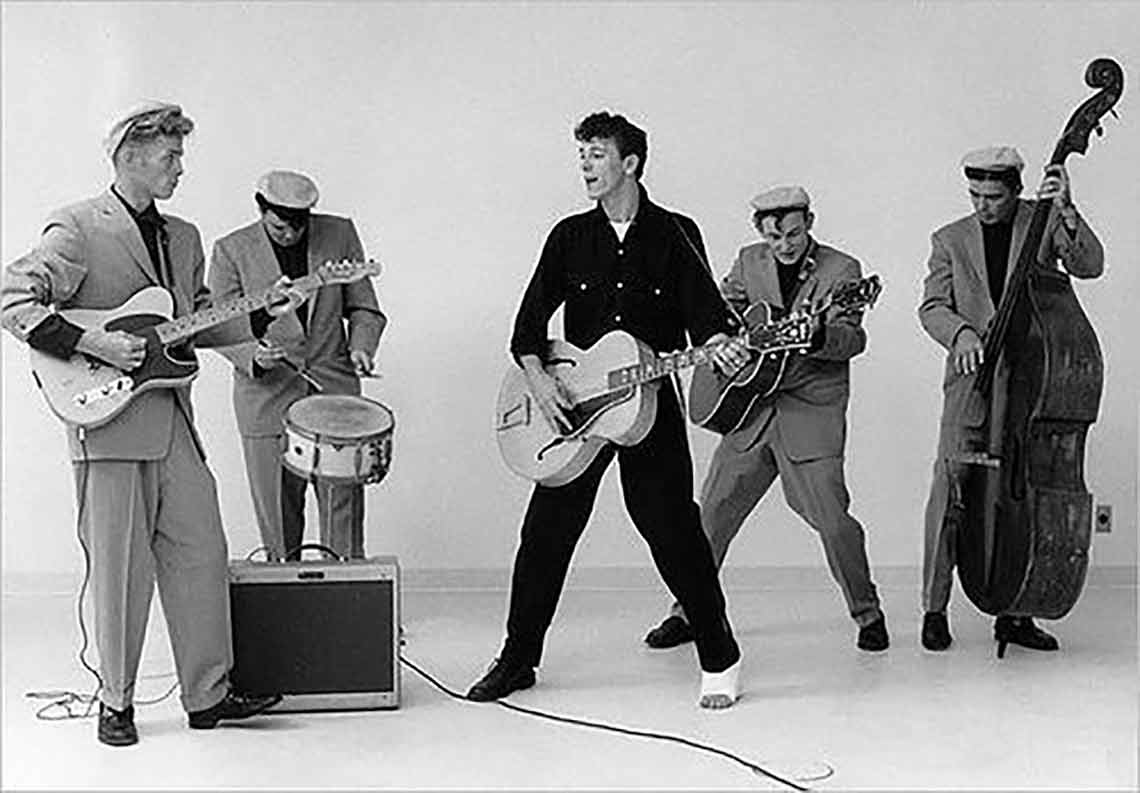
In general, though, semi-acoustic guitars (specially equipped with P-90 pickups) are the best choice for rockabilly. Many Epiphone semi-acoustic models have P90s and would be great for playing rockabilly.
AMPS
There's no way around it - for authentic rockabilly tone, only valve amps will do. And the most suitable guitar amps for rockabilly are the Fender amps, which have been used since the birth of rock'n'roll and were the main amp for many of the first rockabilly players, such as the aforementioned Cliff Gallup, as you can also notice in the previous photograph.
Brian Setzer himself swears by a Fender Bassman (two heads & two cabs) and indeed this is the favourite choice of many current rockabilly guitarists, thanks to Setzer, no doubt about it! Other great Fender amps would be the more affordable Fender Blues Deluxe and the Fender Ramparte Pawn Shop valve amp, pictured below:
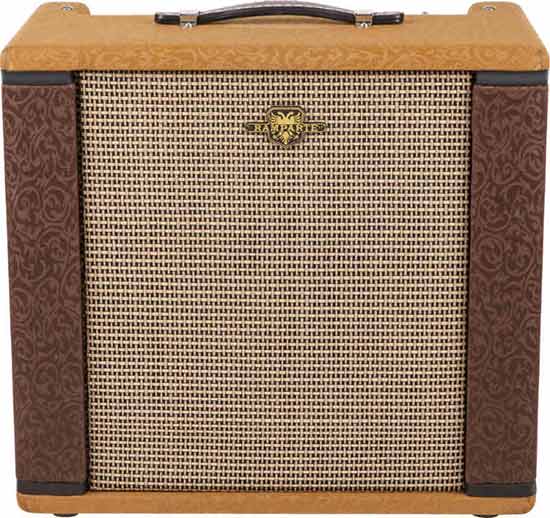
The Fender Rampart is an affordable valve amp that sounds and looks the part, with its retro looks and vintage tube tones!
The classic Vox AC15 amplifiers are also great for rockabilly, and, like the Ramparte, they rock that retro look with authentic vintage tones.
If you're on a budget and don't want to buy a new amp, maybe a Boss FBM-1 Fender Bassman pedal could be the solution, to get the famous Bassman tone in stomp box format!
One important thing to remember: rockabilly guitarists don't use reverb. If you get an amp with reverb, you should turn it all the way down...
GUITAR EFFECTS
Rockabilly was born in the early fifties, before there was such a thing as guitar FX pedals. The only effect used then, and the only one that should be used today for an authentic rockabilly sound, is tape echo. Brian Setzer, for instance, only uses a Roland Space Echo RE-301.
Vintage tape echo units from the 1950s are rare and expensive, but there's no need to get all muso here. After all, even Setzer's echo units are from the seventies! The important thing is to get that short "slap back" delay, typical of rockabilly, so pretty much any delay pedal will do!
If you want to get closer to Setzer's tone, maybe you should go for a Boss Roland Space Echo RE-20 pedal, but by far the best choices are the Strymon delay pedals and budget-friendly Landlord FX.
Strymon El Capistan dTape Delay Pedal
The Strymon El Capistan is the new industry standard digital tape echo, faithfully recreating almost every tape delay in existence.
If you want spring soaked delay, vintage tape degradation or just an easy to use tape delay pedal for rockabilly, this is ideal. The The Strymon El Capistan takes vintage flavour and adds modern improvements like tap tempo and reliable control that both live and studio musicians will enjoy.
Landlord FX Frothy Head Echo Pedal
If you're on a budget, then the Landlord FX Frothy Head Echo Pedal is ideal. At under £40 you get an incredible echo/delay pedal with 3 different settings to suit your musical tastes.
dark mode offers a classic echo sound with plenty of analogue character, Lite mode is a cleaner echo with a hint of subtle movement reminiscent of tape delay whilst reverse mode is an awesome reverse delay.
GUITAR STRINGS
This is not as crucial as the rest, because if you go with the gear mentioned above, you are on your way to get the classic rockabilly sound, anyway. However... if you must go all the way, it's always good to remember that two of the greatest rockabilly guitarists ever, Scotty Moore (from Elvis Presley's band) and Cliff Gallup (Gene Vincent's band) regularly used flat wound jazz guitar strings.
INSPIRED YET?
If not, then let's finish this article with an Elvis Presley song, featuring Scotty Moore, 'Baby Let's Play House', which is considered by many one of the greatest rockabilly songs ever!

